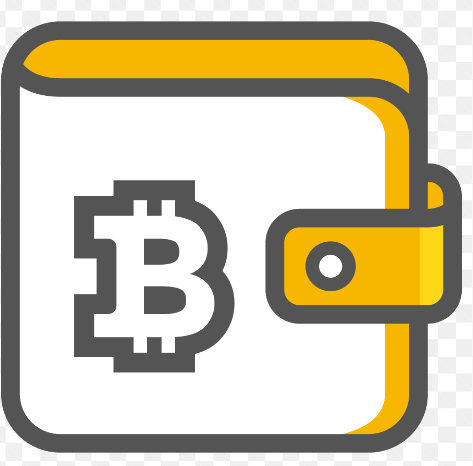Bitcoin, the world’s first decentralized digital currency, has gained significant popularity and value over the years. As a beginner venturing into the world of Bitcoin, one of the most important aspects to understand is how to store and secure your digital assets. This is where Bitcoin wallet come into play. In this beginner’s guide, we will explore the basics of Bitcoin wallets and help you get started with digital currency storage.
What is a Bitcoin wallet?
A Bitcoin wallet is a software program or hardware device that allows users to store, manage, and transact with their Bitcoin holdings. It functions similarly to a physical wallet, but instead of holding traditional cash and cards, it stores digital currencies.
Types of Bitcoin wallets:
Software Wallets: Software wallets are applications that you install on your computer or mobile device. They offer convenient access to your Bitcoin holdings and can be further categorized into desktop wallets, mobile wallets, and online wallets.
Hardware Wallets: Hardware wallets are physical devices specifically designed to store Bitcoin securely. They offer enhanced security features by keeping your private keys offline, away from potential online threats.
Paper Wallets: Paper wallets involve printing your private and public keys on a piece of paper, creating a physical representation of your Bitcoin wallet. While they provide offline storage, caution must be exercised to keep them safe from damage or loss.
Key Considerations:
Security: Security should be your top priority when choosing a Bitcoin wallet. Look for wallets that offer robust encryption, two-factor authentication, and backup options to protect your funds from unauthorized access or loss.
Ease of Use: As a beginner, opt for a user-friendly wallet with a simple interface and clear instructions. This will make it easier for you to navigate and manage your Bitcoin holdings.
Backup and Recovery: It is crucial to have a wallet that provides backup and recovery options. This ensures that even if you lose your device or encounter technical issues, you can still retrieve your funds.
Research and Reviews: Before selecting a wallet, conduct thorough research and read reviews from trusted sources. Consider the wallet’s reputation, user feedback, and the development team behind it.
Keep Software Updated: Regularly update your wallet software to benefit from the latest security patches and features. This helps protect against potential vulnerabilities.
Conclusion:
Bitcoin wallets are essential tools for securely storing and managing your digital currency. By understanding the different types of wallets available, considering security features, and conducting proper research, you can choose a suitable wallet for your needs. Remember to prioritize security, back up your wallet, and stay informed about best practices to ensure a safe and enjoyable Bitcoin journey.


